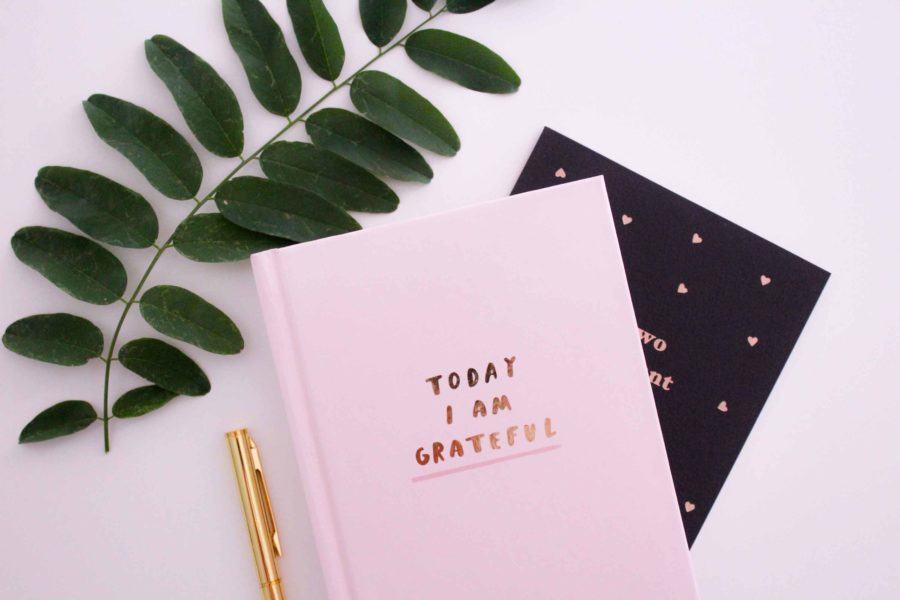You already know how to be grateful, to give thanks, right? You probably say the words ‘thank you’ at least five times a day. But, the question is, do you mean it?
A recent survey says that more than half the time most of us don’t. Perhaps that’s the reason that the thank you’s we hand out aren’t doing us the physical and psychological good they should.
Good news: It’s easy to tweak well-mannered words into a simple practice of gratitude that will reward you with a wealth of wellbeing.
According to Scott Barry Kaufmann, professor of positive psychology at the University of Pennsylvania, research has shown that practicing gratitude builds the resilience we all need in order to cope with life’s disappointments, regrets and frustrations. Kaufmann rates the character strength of gratitude, out of 24 distinct character traits, as a person’s number one predictor of wellbeing. He’s far from alone in affirming the multiple benefits that gratitude imparts.
Several studies link gratitude with better sleep and chronic-pain management, lower blood pressure, improved heart health, and increased social connections that positively impact family, friend and work relationships.
A 2009 National Institute of Health (NIH) study showed that when we feel gratitude or display acts of kindness, the hypothalamus floods the brain with dopamine, a neurotransmitter that stimulates feelings of “a natural high,” reinforcing our desire to repeat our gratitude-related behaviors.
Figuring Out How to Be Grateful
Common misconceptions about practicing gratitude are that it requires you to become a perpetually optimistic Pollyanna-type of person, to ignore the challenging realities in your life or the world at large, to become vulnerable and passively accepting. But, that’s just not so.
As Brene Brown, TED Talk celeb and author of five New York Times’ bestsellers on living, loving and leading well, says, “I believe that you have to walk through vulnerability to get to courage, therefore … embrace the suck. I try to be grateful every day, and my motto right now is ‘courage over comfort.’ We simply cannot know joy without embracing vulnerability — and the way to that is to focus on gratitude, not fear.”
3 Ways to Practice Gratitude
To avoid getting bogged down — and there’s a lot of advice out there — here are three streamlined ways to practice gratitude:
Write It: Depending on whether you’re a morning or an evening person, begin or end each day thinking about three things for which you are grateful, and then write them down. On her website, Brown features a prominently placed sticky-pad note with “thank you!” scrawled across it. You can jot your thanks briefly as a note or in a planner — anywhere, really.
Not a pen and paper person? There are gratitude journaling apps you can use, instead.
Psychologists emphasize that, however you choose to do it, writing your three things down daily is important.
Psychologists also advise expressing gratitude to others through simple gestures such as writing a thank-you note to anyone you may not have properly thanked. Better yet, call them. One study showed that a conversation had the greatest long-lasting positive effect on both the caller and the recipient.
Think It: Mindfulness is a focus on the present, and meditation is a proven way to cultivate it. “The best way to cultivate gratitude is to practice being more mindful throughout your day, intentionally focusing your attention on beauty and goodness in the world,” says Kaufman.
Meditation websites, books, podcasts and apps abound, so choose one that works for you.
For some, mindfulness happens most naturally on a solo walk, during an afternoon tea break or just taking a moment to recenter.
Envision It: Dr. Todd Kashdan, professor of psychology and senior scientist at the Center for the Advancement of Wellbeing at George Mason University, keeps a journal where he writes down the “three extraordinary things” that happen to him each day.
Then, he reflects on what he could do to in the future to improve upon them. He explains that his approach allows him to envision new experiences he’ll be grateful for later.



 3 min read
3 min read

